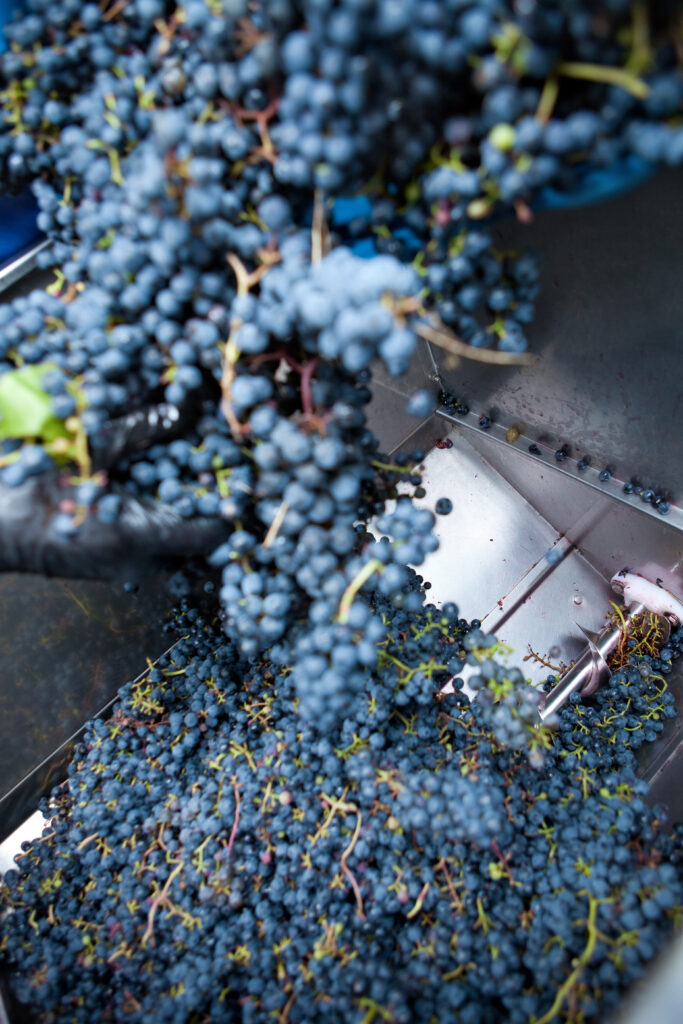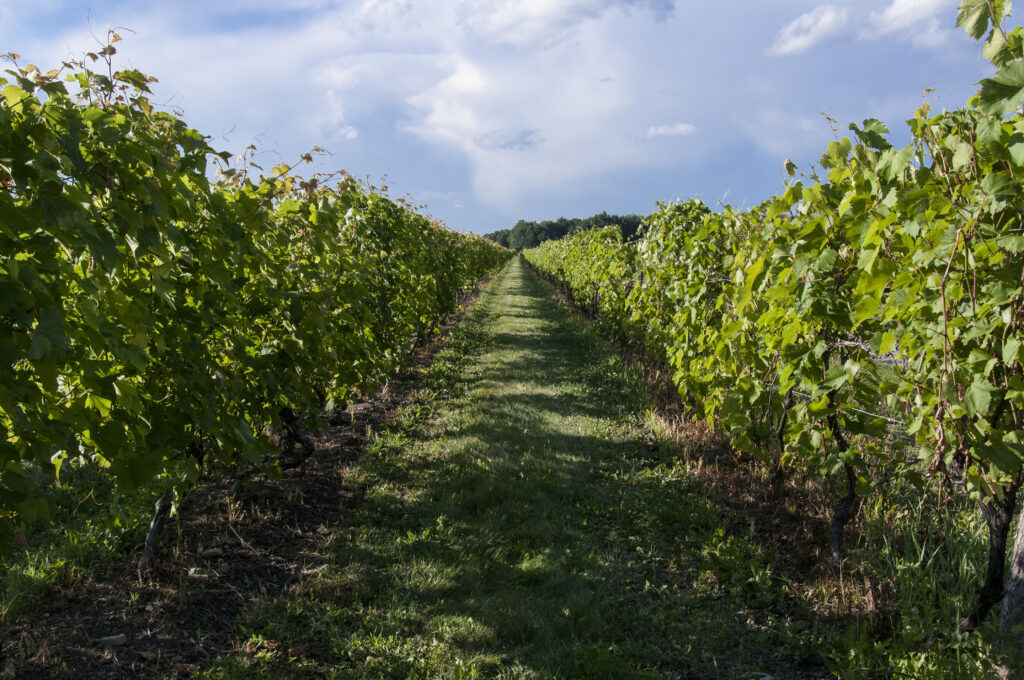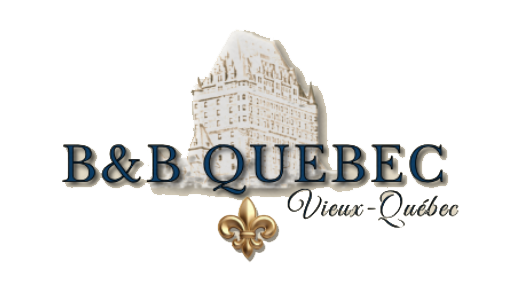Best Wineries to Visit in Quebec City
The wine-making process is a delicate alchemy that begins with the grape harvest and ends with bottling. Each stage, from harvesting to fermentation, ageing and bottling, contributes to creating unique, complex wines.
Wine quality depends not only on winemaking techniques, but also on the choice of grapes and terroir. In Quebec, a number of vineyards stand out for their expertise and passion for viticulture, offering visitors unforgettable experiences.
Let’s discover together the best wineries to visit in Quebec City, where you can not only taste exceptional wines but also learn more about the processes that make them so special.
The wine-making process
La Vendange
The wine-making process begins with the grape harvest. Harvesting can be done manually or mechanically. Grapes must be picked at their optimum ripeness to ensure the best quality wine.
Grape maturity is determined by sugar, acidity and tannin content.
Destemming and crushing
Once harvested, the grapes are destemmed to separate the bunches from the stems. The grapes are then crushed to release their juice. In the past, the grapes were crushed by foot, but today they are generally crushed by machine.
For red wines, the grape skins remain in contact with the juice to extract color, tannins and aromas.
Fermentation
The grape juice, called must, is transferred to tanks for fermentation. Fermentation is a biological process in which yeast transforms the sugars in the must into alcohol and carbon dioxide.
For white wines, fermentation takes place without the skins, while for red wines, it takes place with the skins to extract color and tannins. Fermentation can last from a few days to several weeks, depending on the type of wine required.
Maceration
For red wines, maceration is a crucial stage that can last from a few days to several weeks. During maceration, the grape skins remain in contact with the juice, extracting additional tannins, colors and aromas.
This stage is essential for the structure and complexity of red wines.
Pressing
After fermentation and maceration, red wines are pressed to separate the juice from the solids (skins, seeds and pulp).
For white wines, pressing is carried out before fermentation to avoid extracting tannins and color.
Malolactic fermentation
Malolactic fermentation is an additional stage, especially for red and some white wines.
During this secondary fermentation, lactic acid bacteria transform malic acid (found in apples) into lactic acid (found in milk), reducing the acidity of the wine and giving it a rounder, softer texture.
Breeding
After fermentation, the wine is aged in vats, oak barrels or barriques. Aging in oak barrels can bring out additional aromas such as vanilla, caramel and spices, as well as allowing micro-oxygenation to soften the tannins.
Depending on the style of wine, the ageing period can vary from a few months to several years.
Clarification and stabilization
Before bottling, the wine must be clarified to remove suspended particles. This can be done by filtration, fining (adding substances such as bentonite or egg albumin to bind particles) or racking (transferring clear wine from one tank to another).
Stabilization is also essential to prevent unwanted precipitation or fermentation in the bottle.
Assembly
For some wines, blending is a step where different batches of wine are mixed to create the final wine profile. Blending enables winemakers to combine the qualities of different grape varieties or parcels to achieve a harmonious balance.
The Bottling Process
Once the wine has been clarified and stabilized, it is ready for bottling. The wine is carefully transferred into bottles, which are then corked, labeled and packaged for sale. Some wines may be further refined in bottle before being marketed.
Bottle ageing
For some wines, further bottle ageing is beneficial to develop more complex aromas and improve texture. This aging can last from a few months to several decades, depending on the type of wine and storage conditions.
This complex process, from vineyard to bottle, reflects the art and science of winemaking. Each step is crucial to ensuring that the final wine is of the highest quality and reflects the unique terroir from which it comes.

Discover the Best Wineries to Visit in Quebec City
Vignoble de l'Orpailleur
Vignoble de l’Orpailleur is one of the most renowned vineyards in the Quebec City region. Located in the beautiful Dunham region, this vineyard offers a complete wine experience.
Visitors can discover the wine-making process, from grape harvest to bottling.
The choice of grapes, mainly hybrid varieties adapted to the Quebec climate, produces distinctive, high-quality wines. A guided tour of the vineyard includes a tasting of their award-winning wines. For more information on the best things to do in Quebec City, visit BNB Quebec.
Sainte-Pétronille vineyard
Located on Île d’Orléans, Vignoble Sainte-Pétronille offers a breathtaking view of Montmorency Falls and an idyllic setting for a day of wine tasting.
The wine-making process here focuses on traditional, environmentally-friendly methods.
The grapes are carefully selected for their adaptability to the local terroir, resulting in fresh, aromatic wines. Visitors can enjoy a guided tour of the vineyard, followed by a tasting of their wines, including their famous Vin de Glace.
To book your stay nearby, click here.
Domaine de la Source à Marguerite
This family-run winery, located in the Quebec City region, is renowned for its warm welcome and quality wines. Domaine de la Source à Marguerite stands out for its organic approach to viticulture. The wine-making process is entirely natural, with no use of chemicals.
Carefully grown and selected grapes are transformed into rich, flavorful wines. A visit to the estate includes a walk through the vineyards, a detailed explanation of the winemaking process and a tasting of their organic wines.
Vignoble du Mitan
Vignoble du Mitan, also on Île d’Orléans, offers a unique winegrowing experience with a panoramic view of the St. Lawrence River. This vineyard specializes in the production of white and rosé wines, as well as ciders.
The choice of grapes, such as Vidal and Frontenac, is essential for their ability to withstand Quebec’s harsh winters. The wine-making process here focuses on preserving the grapes’ natural aromas and flavors.
A visit includes a wine and cider tasting, as well as an exploration of the vineyards and production facilities.
Domaine Bel-Chas vineyard
Vignoble Domaine Bel-Chas, located in the Bellechasse region, is another must for wine lovers. This vineyard produces a variety of wines, including reds, whites and rosés.
The wine-making process here is marked by meticulous attention to detail, from grape cultivation to fermentation and bottling.
The choice of grapes, including varieties such as Maréchal Foch and Seyval Blanc, is crucial to the production of robust, well-balanced wines. Guided tours include a tasting of their wines and a walk through the vineyards.
Vineyard Le Domaine de la Vallée du Bras
Located in Charlevoix, Le Domaine de la Vallée du Bras offers an authentic winegrowing experience. This vineyard stands out for its sparkling and ice wine production, thanks to grapes carefully selected for their adaptability to Charlevoix’s unique climate.
The wine-making process here uses both traditional and innovative techniques to produce high-quality wines. Guided tours include an explanation of the winemaking process, a wine tasting and a panoramic view of the vineyards.

For more details on these wine experiences and to plan your stay, visit BNB Quebec.
When you visit these vineyards, you’ll discover not only the richness of Quebec wines, but also the passion and know-how of local winemakers.
Each winery offers a unique experience, rooted in tradition and innovation, making Quebec City a must-see destination for wine lovers.
Thank you for reading. If you have any questions or would like to book your stay, please visit www.bnbquebec.com or call us at (418) 692-0316
See you at the next blog!
